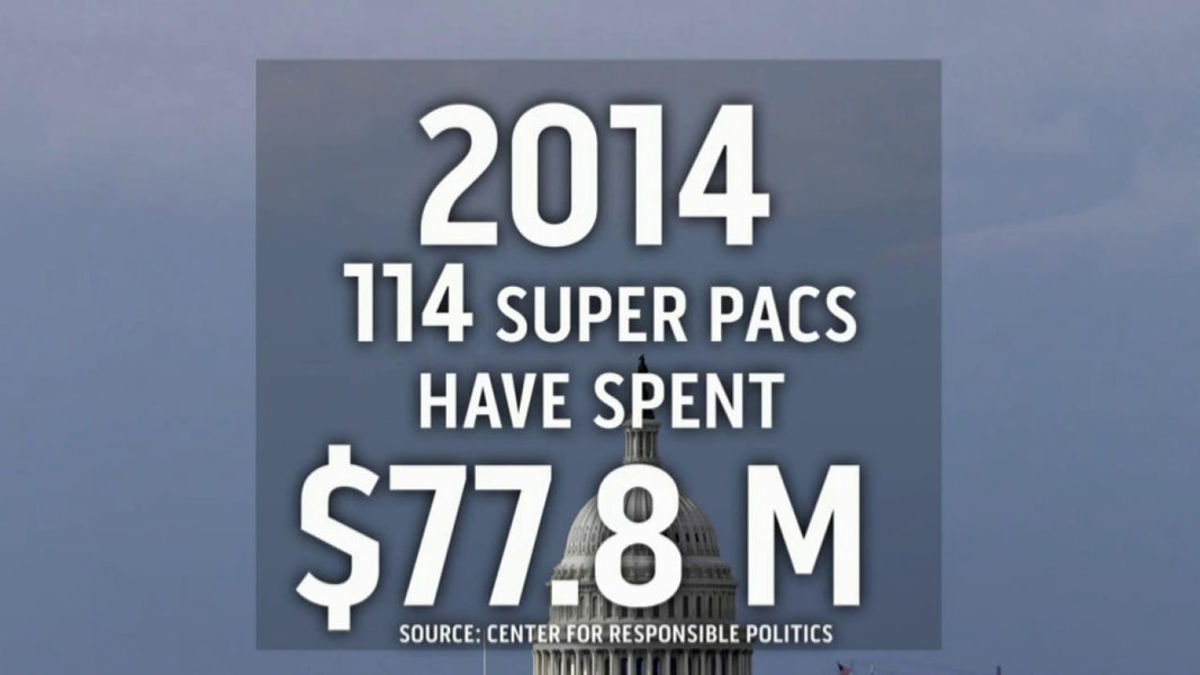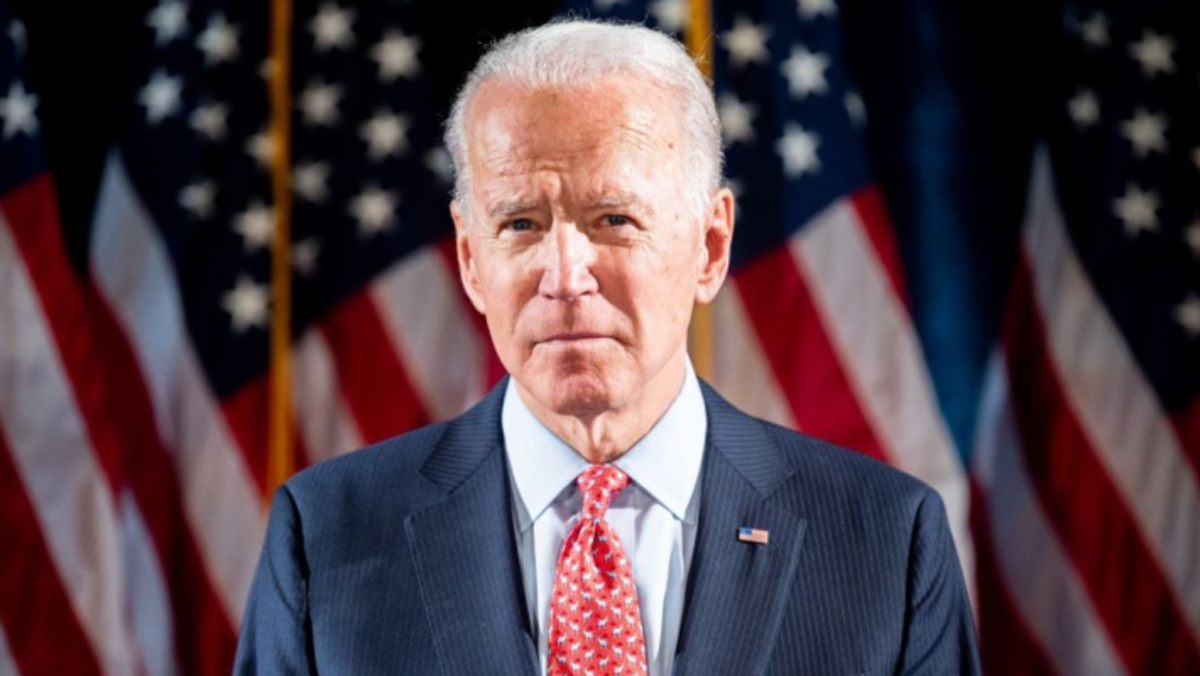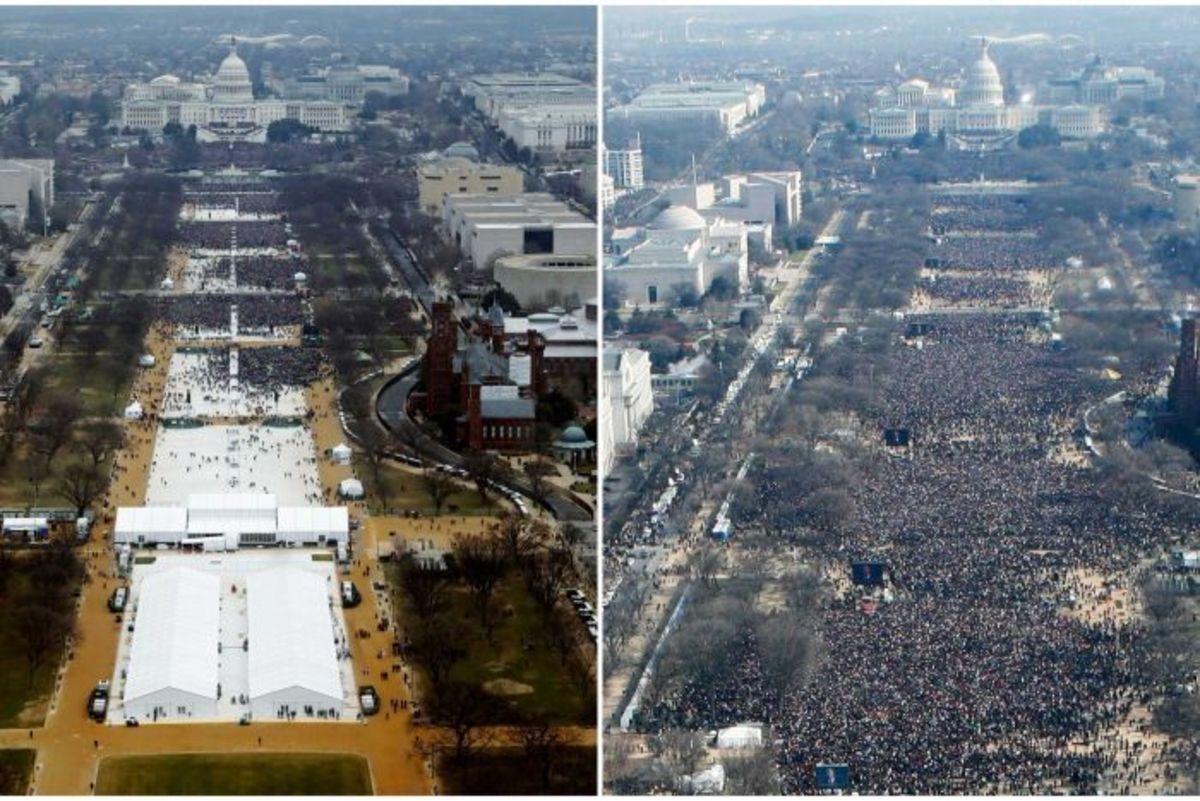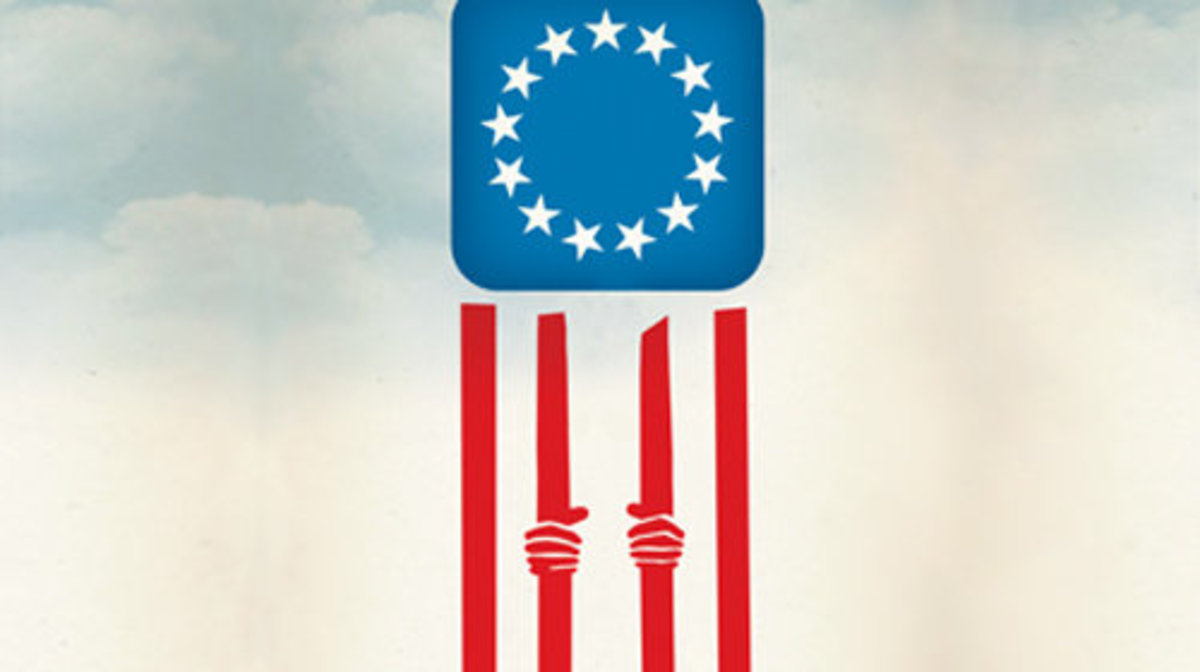Banking Uncle Sam. The Lowdown on Political Super PACs
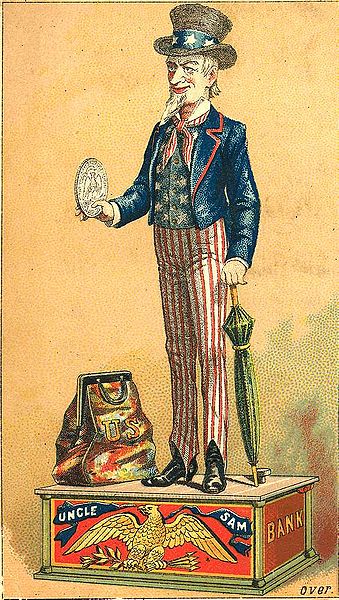
There is a term being bantered about by the media in their coverage of the 2012 Republican primaries. Super PACs. PAC is the acronym for Political Action Committee. The complete term, Super PAC was first coined in a 1993 Capital Times article, according to Politico.com. It resurfaced in the National Journal in a 2010 article written by reporter Eliza Newlin who is currently employed by the political newspaper, Roll Call.
Super PACs were organized after the Supreme Court’s five to four ruling in the 2010 case of the non-profit foundation Citizens United vs. Federal Election Commission (FEC)*. The decision permitted groups to secure unlimited donations from individuals, corporations, and unions as long as they were not working for or affiliated or communicated with the political candidate they were endorsing. However, a loophole to note: Candidates can speak at fundraisers and former staff can be employed by these groups. A candidate can therefore easily wheel his influence within legal boundaries by making statements about the distribution of funds. The Court believed that the mandate resets past campaign financial regulations and that the first amendment protects the rights of these entities to function and spend their money to help or hinder the election of a candidate. But some citizens see it as an opportunity to fling the doors of corruption wide open.
Yes, it is illegal for these groups to communicate with a candidate or their campaign staff. It is also illegal for them –unless they are operating under a not-for-profit 501©3- to keep their funds and donors secret. But they would have already influenced many primaries before the FEC’s disclosure deadline which comes at the end of January. Consider the following examples: An Iowan conservative group called Strong America Now put out mailers labeling Mitt Romney “the second dangerous man in America.” Sheldon Anderson, a Las Vegas billionaire appeared on CNN touting about giving a pro-Newt Gingrich super PAC five million dollars to help saturate South Carolina with negative ads against Romney prior to that state’s primary.
Voters say they abhor negative campaigning. Unfortunately, we are sitting ducks in the warfare of campaign negativity. Super PACs believe this type of marketing works. Considering the outcome of the Iowa and South Carolina primaries, they are correct. So be prepared to be ambushed by an onslaught of negative advertising as this historically expensive election process continues.
Mr. Gingrich is not the only one with super PAC backers. Mitt Romney has the group Restore Our Future. Rick Santorum has the Red, White, and Blue Fund. Ron Paul has the RevolutionPAC. And these are only the major players in the war theatre. Not to be left out, the Democrats too have their wealthy backers though such groups were publicly rejected by President Barack Obama. Prior to the Court’s mandate, political campaign committees could only receive a total of $5,000 dollars per individual in support of their candidate. Super PACs’ legal ability to receive unlimited funds makes them powerful entities that may not shy away from asking their elected candidate to push forth their special interests.
Voters who say that the Supreme Court’s ruling creates the perfect environment for corruption have a point. Rich lobbyists could now legally purchase their agendas. Can anything be done to thwart these groups? Yeah, a constitutional amendment and we all know that is difficult to accomplish. Even if the FEC was to discover that a candidate has violated the no communication rule, fines would be small and investigations would be seldom, according to Drew Griffin on an Anderson Cooper 360 CNN video: “SuperPACs dominating Politics.” Talk about banking Uncle Sam.
*The Citizens United Foundation was created in 1992, says their website, “to inform the American people about public policy issues (as) it relates to traditional American values.” The court case was a result of their desire to release a disparaging documentary and ads about current U.S. Secretary of State, Hillary Clinton who was seeking election for president in 2008 to which the FEC objected.
The Federal Election Commission (FEC) is a six-member team established by Congress in 1975 to oversee the Federal Election Campaign Act which regulates federal elections financing with regard to the receiving and spending of funds donated by citizens in presidential elections.

